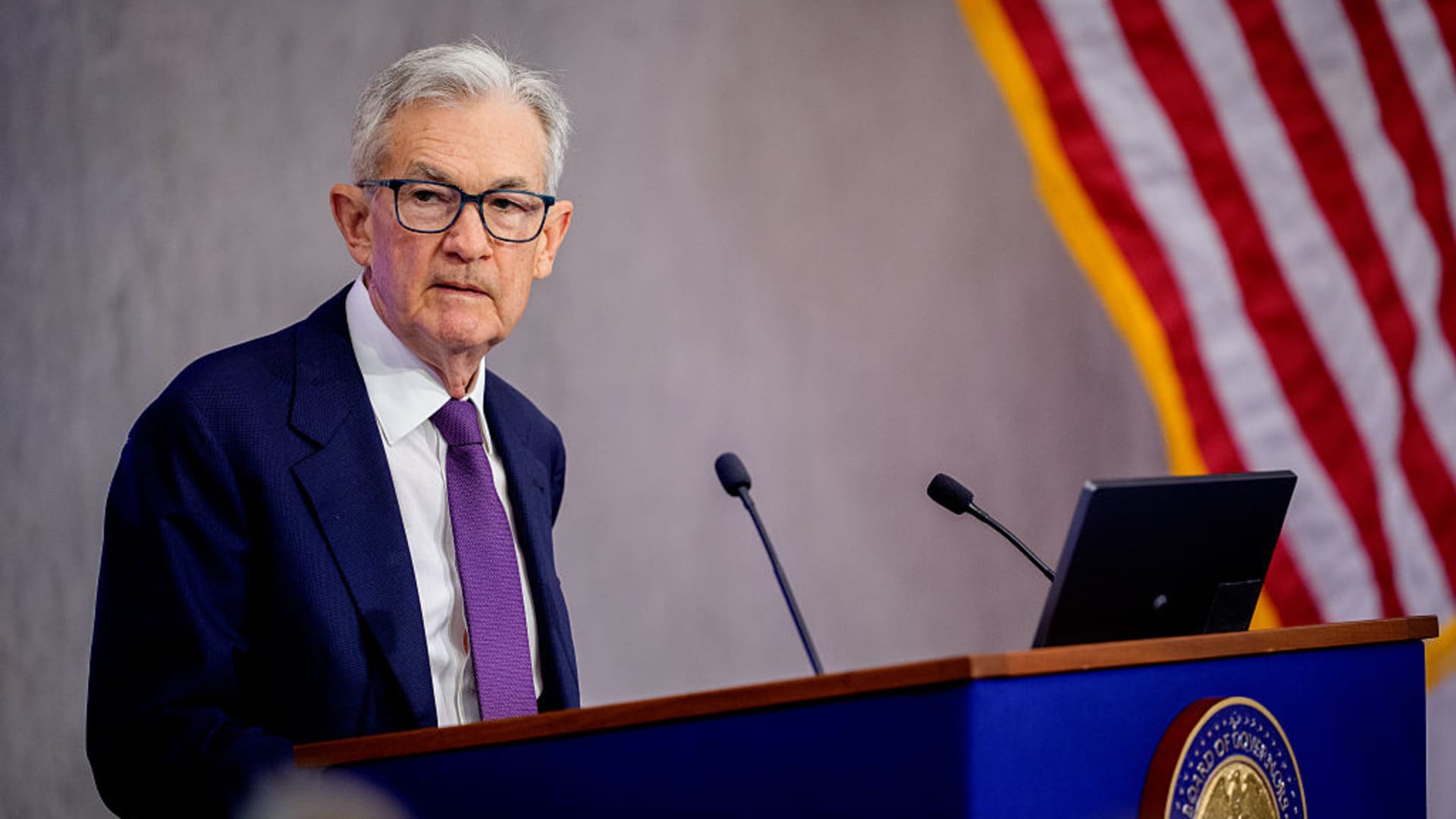Federal Reserve Chair Jerome Powell stated that long-term interest rates are likely to rise due to economic changes and shifting policies. In a speech focusing on the central bank’s policy framework review, last conducted in 2020, Powell highlighted significant changes over the past five years. This period included surging inflation, prompting historically aggressive interest rate hikes by the Fed. Powell emphasized that the era of near-zero rates is unlikely to return soon, even with long-term inflation expectations aligning with the Fed’s 2% target.
“Higher real rates may reflect the possibility that inflation could be more volatile going forward,” Powell noted during the Thomas Laubach Research Conference in Washington, D.C. He warned of potential frequent and persistent supply shocks, posing challenges for both the economy and central banks.
The Fed maintained its benchmark borrowing rate near zero for seven years post the 2008 financial crisis. Since December 2024, the overnight lending rate has been within a range of 4.25%-4.5%, recently trading at 4.33%. Powell also addressed the difficulty of balancing employment support and inflation control amid policy changes.
While he did not mention President Donald Trump’s tariffs directly, Powell acknowledged their potential to slow growth and boost inflation. The Fed remains cautious about easing policy after cutting its benchmark rate by a full percentage point last year.
The ongoing framework review aims to develop a five-year plan guiding decisions and public communication. Powell mentioned reevaluating the language around shortfalls in inflation and employment goals, ensuring robustness across various economic environments.
Powell concluded by emphasizing the importance of effective communication, especially during periods of uncertainty caused by larger or more frequent shocks. The review’s completion is expected in the coming months.
— new from CNBC
